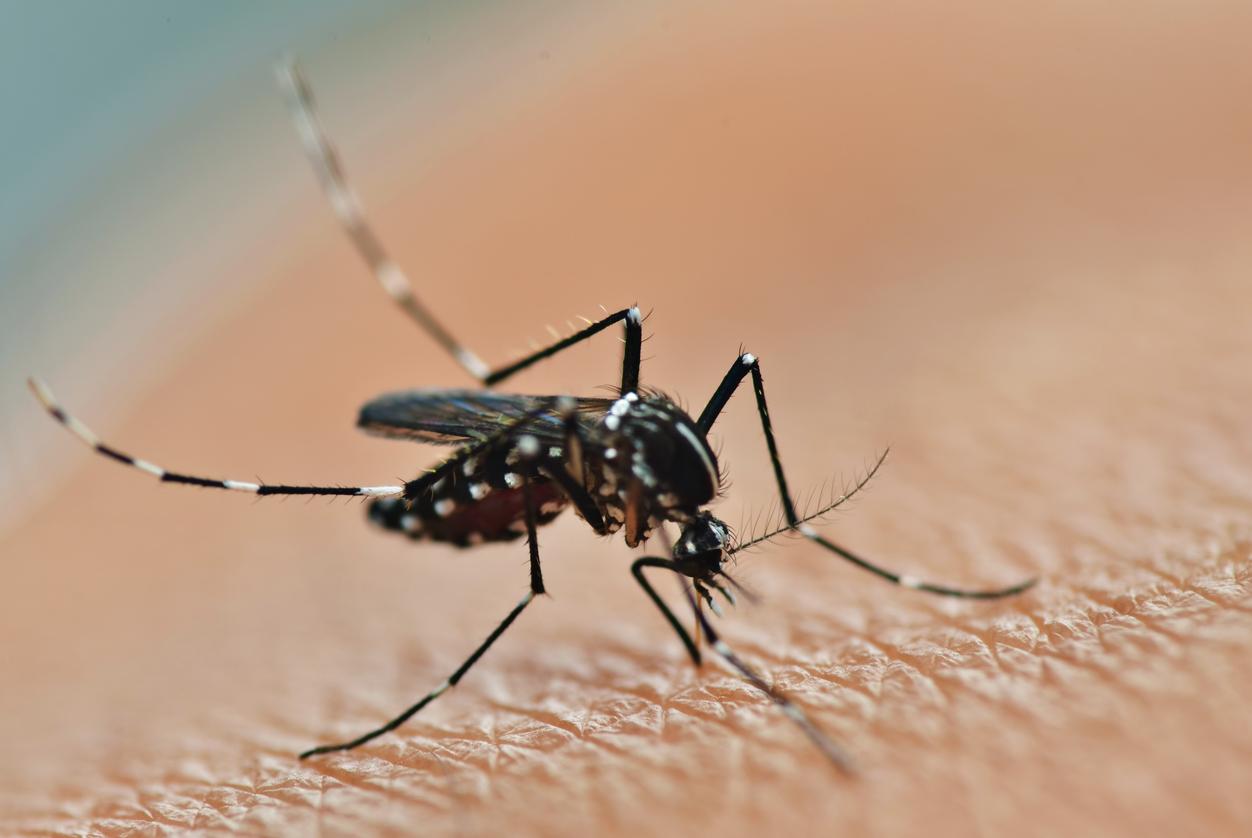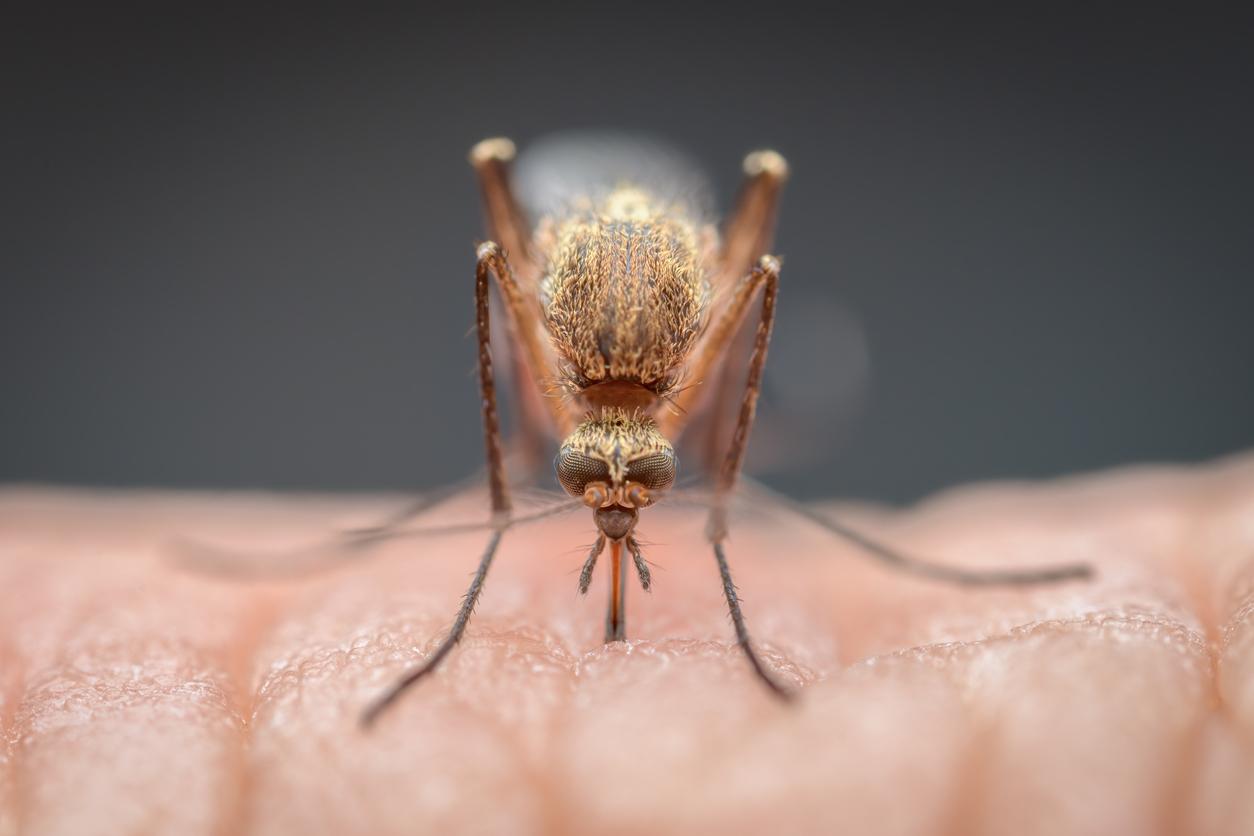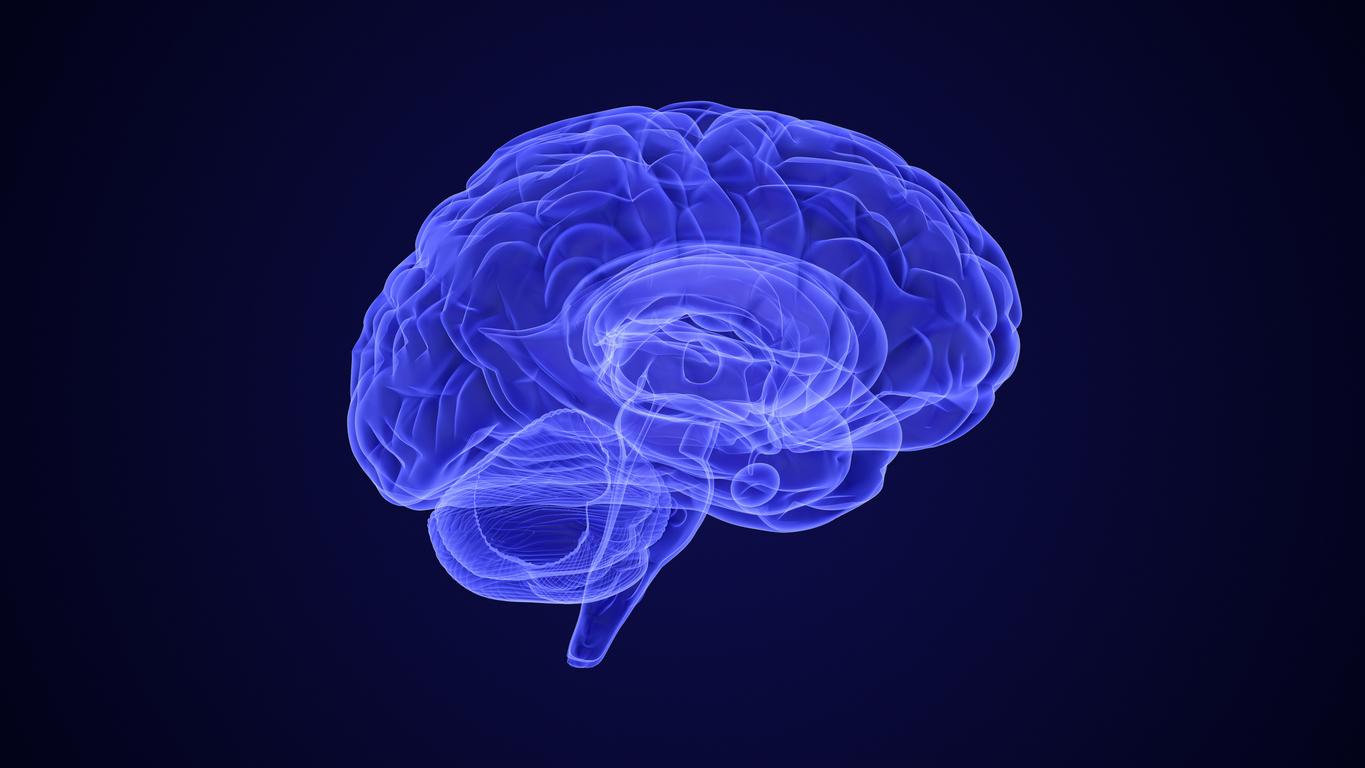Researchers from the National Institute of Health and Medical Research (Inserm) have discovered that in mice, a viral protein from Bornavirus (a virus associated with behavioral disorders in several animals) would protect neurons from degeneration.
“We found that this bornavirus (i.e. a virus responsible for various behavioral diseases) forces the survival of neurons to guarantee its own survival. It does this by producing a protein called X. This viral protein accumulates in the mitochondria, the part of cells that produces energy. However, mitochondrial problems are the cause of a large number of neurodegenerative diseases, including Parkinson’s disease. Therefore, it seemed obvious to us to test this protein against neuronal degeneration” explains Marion Szelechowski, researcher at the Toulouse-Purpan Center for Physiopathology and main author of this work.
Protein promotes neuron survival
The researchers carried out several experiments to test their theory and understand how this viral protein works in order to consider using it therapeutically.
“The results showed that protein X expressed alone, outside the context of infection, blocks stress-induced mitochondrial damage responsible for neuron death. Protein X seems to favor mitochondrial fusions and the dilution of the stresses undergone by these organelles. This is what seems to ensure the survival of neurons,” explains Marion Szelechowski.
A viral protein effective in mice
To test the effect of protein X, the researchers then made peptides derived from the protein small enough that they could enter cells and mitochondria.
They administered them nasally to mice genetically modified to develop the Parkinson disease.
The PX3 peptide reduced neuronal degeneration by 40 to 53%. “To mimic Parkinson’s disease, we inject a toxic agent that causes severe mitochondrial stress, causing neurons to degenerate in three to four days. However, by administering PX3 at the same time, practically half of the neurons are spared. These results therefore open the way to new therapeutic approaches in the treatment of neurodegenerative diseases, targeting the protection of mitochondria,” concludes Marion Szelechowski.
Read also:
Parkinson’s: received ideas about the disease
Parkinson’s disease: will we be able to overcome it?
Parkinson’s: alternative medicine for a better life


















